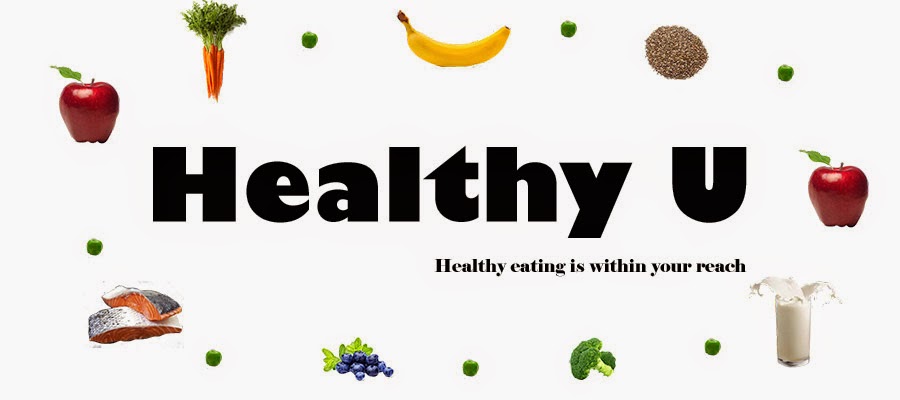Today we are
going to be talking about how food influences your body. Have you heard that vitamin
E gives you healthy skin? The nutrients you put in your body changes how you feel
and influences the way you look. Adequate nutrition keeps your body functioning
at its best, meaning it’s looking its best. Vitamin deficiencies decrease the
body’s metabolic mechanisms leading to negative effects on the body that can be
very harmful.
Macronutrients
(protein, carbohydrates and fat) and micronutrients (vitamins and minerals) are
both essential to a healthy diet. Miconutrients play a role in supporting skin
(physical barrier, cellular immunity and antibody production, which a crucial
to maintenance of skin equilibrium (Humbert, 2011).
The cells of the body are composed of proteins
that support biological processes. Proteins are composed of amino acids that
are supplied by consumption of animal and vegetable sources. Collagen is a
protein that controls skin elasticity. Deficiencies in amino acids have been
shown to be associated with hair loss (Ryan, 1996).
Vitamin A is good
for your skin because vitamin A plays a role in the development of skin cell
generation (Ryan, 1996). It is also involved in the production of collagen
(Humbert, 2011). So as you can see nutrients are dependent on one another
to carry out functions. Vitamin A food sources are egg yolk, fortified milk,
fish and orange and green vegetables (carrots).
Vitamin C and E
are antioxidants and serve to protect against UVB, which is very important for
the protection of the skin (Humbert, 2011). Vitamin C is found in citrus
fruits, kiwi, tomatoes and pepper. Vitamin E is found in vegetable oils
(sunflower, soybean, wheat germ) and eggs.
Zinc plays an
anti-inflammatory role and is required by the immune system. Zinc deficiencies
have been linked to dry skin and hair loss. Zinc can be found in food sources
like meat, eggs, milk and seafood.
You’ve heard it
before and you’ll hear it again, water is one of the most important things for a
healthy body and healthy skin. Water is a huge component of the skin and
hydrating keeps the skin soft and smooth. The recommended amount for hydration for
the body and skin is 1.5 L a day (Humbert, 2011).
Then there is all
the hype on probiotics. Probiotics are microorganisms in fermented milk. Theses
microorganisms help the intestine in digestive functioning by keeping a
balanced microbial level (Humbert, 2011). Consumption of probiotics improves
the natural skin barrier function, decreasing water loss and improving cosmetic
appearance.
As you can see
nutrients from vitamins and macronutrients come from a wide range of food
sources. So go ahead eat it all for a beautiful you!
If you want more information on body image and empowerment, please visit our colleagues Love Dat Bod HERE. If you have any questions, please contact us at mphteamone@gmail.com
If you want more information on body image and empowerment, please visit our colleagues Love Dat Bod HERE. If you have any questions, please contact us at mphteamone@gmail.com
Humbert, P.,
Binda, D., Robin, S. and Krutmann, J. (2011). Beauty from inside: nutrition- based
strategies in cosmetic dermatology. Nutrition
for Healthy Skin 189-196
Ryan, A.S. and
Goldsmith, L.A. (1996). Nutrition and the skin. Clinic in Dermatology 14, 389-406



No comments:
Post a Comment